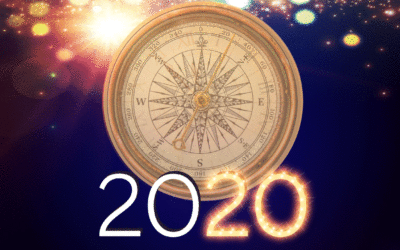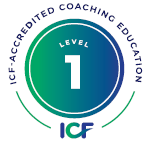It’s inevitable. It’s part of the human experience. It arouses strong emotions. We’re talking about conflict coaching, of course. As coaches we are good at managing and coaching our clients through conflict (aren’t we??).
There are many ways of dealing with conflict, of course, and we all have our preferences. Some tend to avoid it at all costs, often at their own expense. Others become quite aggressive and can damage relationships in the process. Still others tend to roll over and accommodate, failing to get their own needs met in life. It is important that you understand where your clients are coming from so you can give them the proper conflict coaching that suits their needs.
First, conflict is not bad. It is a natural occurrence. As noted earlier, it is part of the human experience. It’s how it’s managed that makes the difference.
When it comes to conflict coaching, selecting the best approach to managing conflict depends on the situation, and the capabilities and awareness of the individual. There are times when it is best temporarily avoided, at least until emotions calm down. Other times we need to step up to an aggressive approach. And sometimes it’s best to compromise (give a little, get a little), or accommodate (if we know we are wrong or it really doesn’t matter much). And then, of course, there’s the win-win, Getting-to-Yes, collaborative approach to resolving conflict.
The best among us flex, stretch themselves out of their comfort zone, and adapt the approach to the unique circumstances of the situation. Conflict is addressed effectively, in a healthy balanced manner without damaging relationships and without giving up on our own needs.
Handling the inevitable issues that arise in life is a topic that frequently surfaces in conflict coaching. Proactively and consciously identifying a path to managing conflict is a powerful first step, an authentic one. Supporting our clients as they sift through the various ways of dealing with conflict themselves is just one of the key coaching skills so worthy of exploration and growth in your coaching journey. Think you have what it takes to be a conflict coach? Take the quiz here.
Dr. Laura Belsten, is Dean of the Graduate School of Coaching, a Master Certified Coach (MCC), and a national leader in the field of Emotional Intelligence. Personal Power is one of the twenty-four key competencies of the Social + Emotional Intelligence Profile ™.












